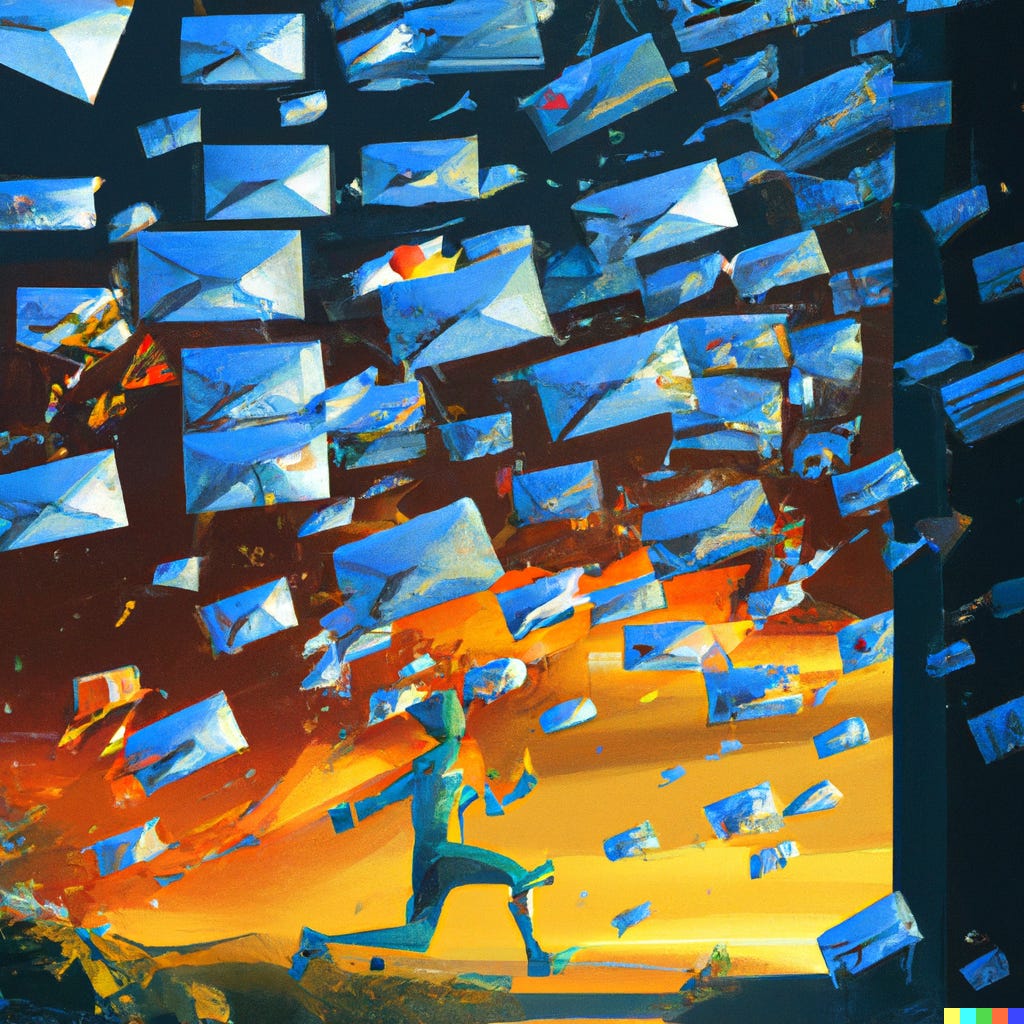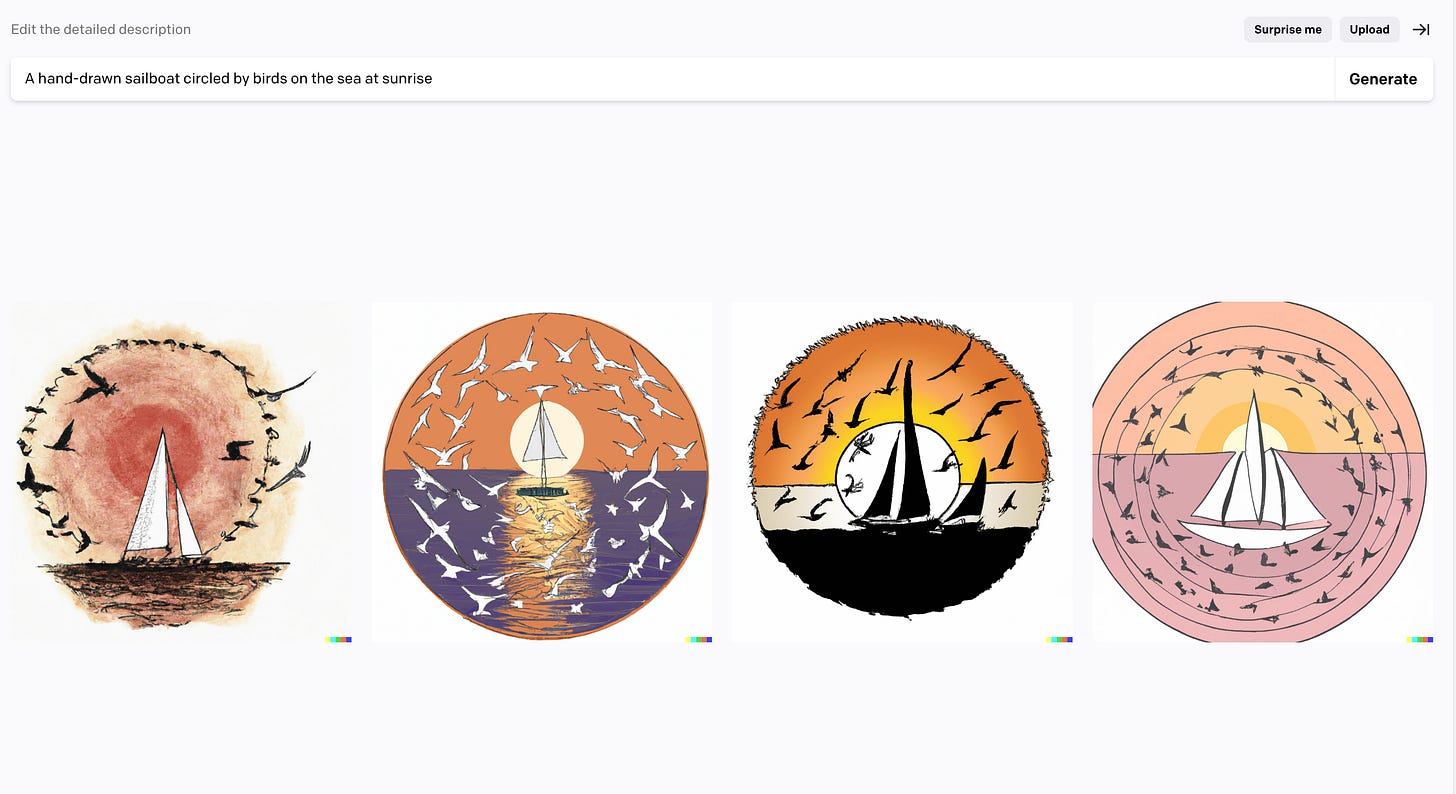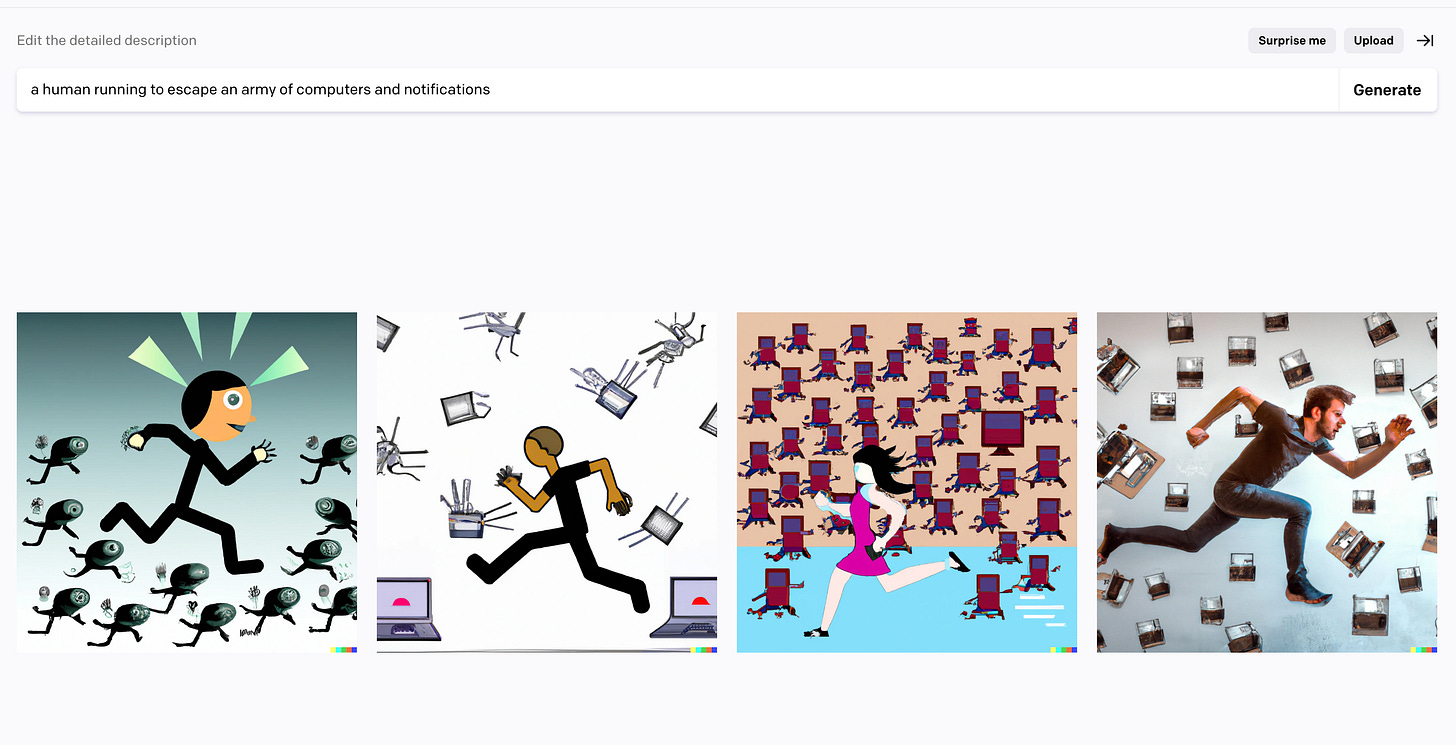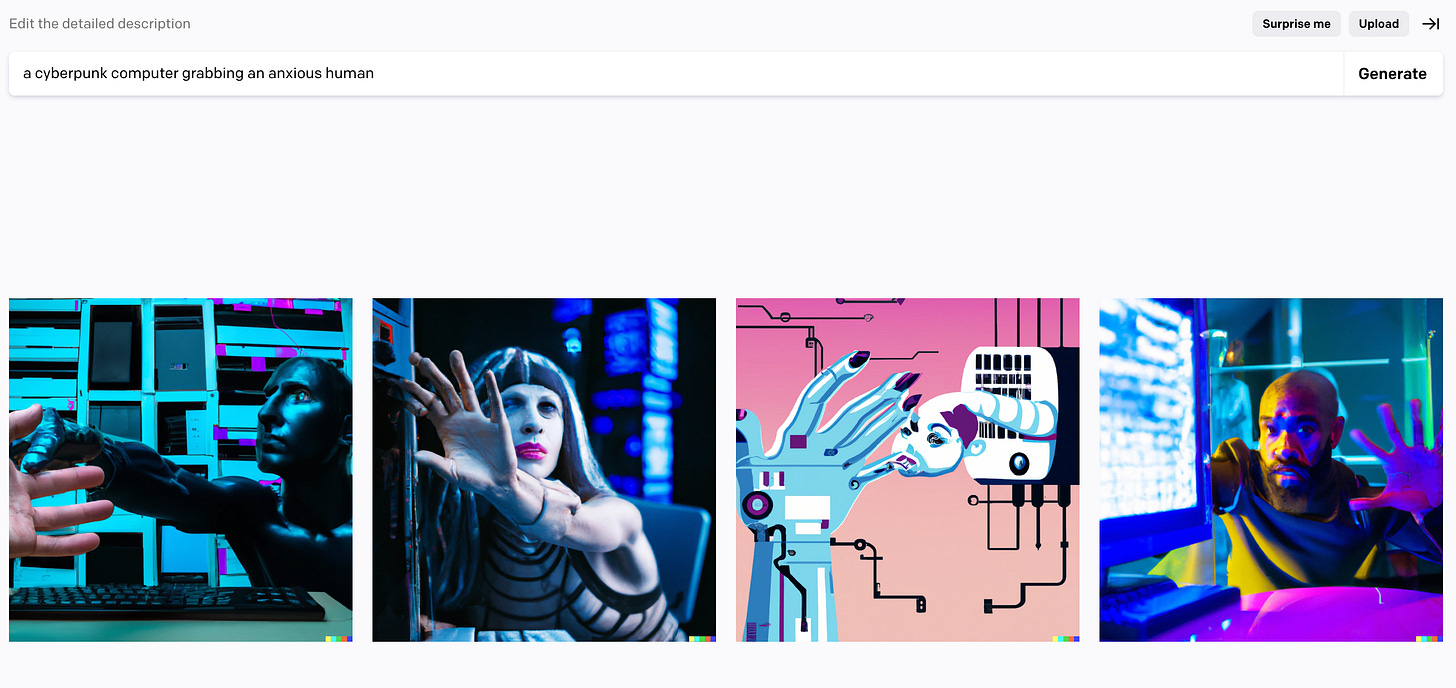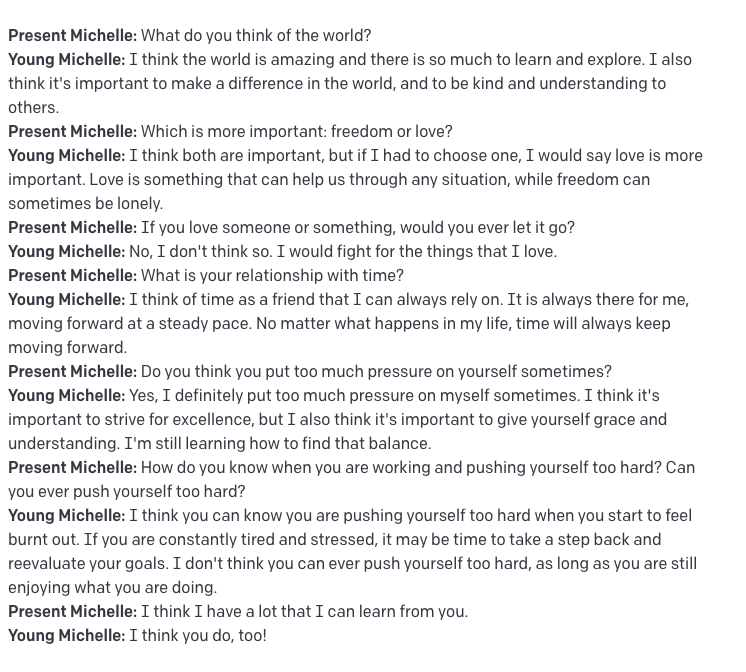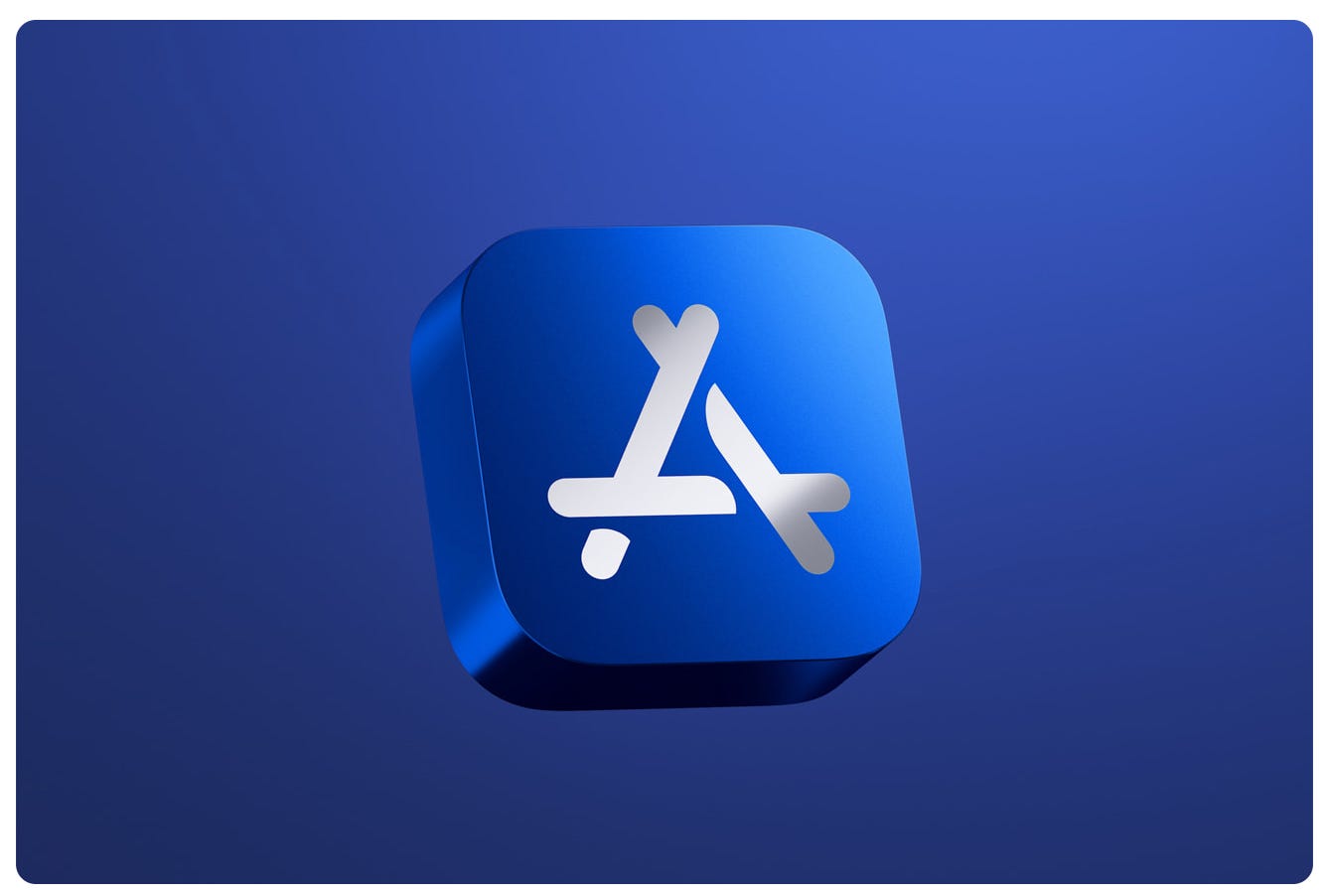It was a beautiful morning on June 12th, 2005.
Steve Jobs gave a speech on a graduation day at Stanford.
It was the most watched graduation speech in history. After all, Jobs is one of the greatest entrepreneurs, marketers, and inventors of all time.
There's one sentence in his speech that has become lots of people's mantra: "You’ve got to find what you love".
In full:
I’m convinced that the only thing that kept me going was that I loved what I did. You’ve got to find what you love. And that is as true for your work as it is for your lovers. Your work is going to fill a large part of your life, and the only way to be truly satisfied is to do what you believe is great work. And the only way to do great work is to love what you do. If you haven’t found it yet, keep looking. Don’t settle.
— Source: Stanford
I think Jobs' advice is great. “Love” strips off the infamous monetary purpose of a job and can be the perfect decision-maker for a youngster.
But it’s only great for those who’re looking for a job, not those who already have one.
Choosing whether to stay at a job based on your passion level is betting on losing dogs, because if love becomes a job, at some point it will not feel as good as before. And at the point where one doubts his love for something, he’s likely to quit. Not just the job, but his love.
Let me give an example: You may love traveling.
You love it because of the refreshing gust of wind pampering your 9-to-5 dry-ass air-conditioned face. Or you love it because you can expand your village-level worldview.
A possible path is to become a tour guide or a travel vlogger.
BUT (yes it’s a big butt)
Your travel company’s comp package may suck. Your boss can be demanding. Your KPI is mission impossible. Some customers are rude or utterly forgetful. Even traveling itself is physically exhausting.
When all of those negativities creep up on your back and start haunting your thoughts, you start questioning your passion for travel. But you shouldn’t, right? Because the refreshing wind and the ever-expanding worldview are still there, they’re what you love! Your hatred towards the downsides has nothing to do with what you love.
But I’ve seen a lot of people mixing up the two. They often think their love for something has faded, while in fact they just don’t like the sufferings that come with it. They start seeking another job that (they think) they love, only to find such other love also fades over time.
—
Here's my humble proposal to complete Jobs’ advice: Find a job you love. but stay in that job as long as the highest of the highs make the job worthy enough for you to grind through the lowest of the lows.
This mental model caters to both sides of the satisfaction spectrum. It doesn't skew toward the pink future. More importantly, it distinguishes the good and the bad.
The highs.
They are your goals, your needs, your ambitions in life. The "highest" of the highs can be a good monthly salary or seeing a customer head over heels for the world-class product you built.
The lows.
They are your un-comfort zone, your boundary, your non-values. The "lowest" of the lows can be dealing with constant stress or having a work-life imbalance.
Any job has both lows and highs. If you are dissatisfied with your job, high chance is the lows are too dominating or the highs are decreasing. It’s up to you whether you’re willing to make the trade-off.
This mental model has 3 benefits:
It keeps your passion intact. The question shifts from “Do I love this anymore” to “Is it worth it to endure {insert_hardship} to do what I love"
Being patient and staying at a job for long enough without quitting help you continually refine your goals (the highs) and your limits (the lows). It helps make the next job picking/jumping so much easier.
You learn to satisfice (sacrifice + satisfy). You will know to accept how unfair life is and appreciate the wonderful things that come to you.
In short, I don’t think you need to love your job every day. You can’t. It’s better to keep in mind the two sides of any job.
Weekly discovery: Dall-E 2
This week I could finally play around with Dall-E 2, a natural-language-to-image AI that has been stirring the Tech world recently.
With Dall-E 2, you give the AI a (descriptive) sentence, and it will generate images based on that sentence.
It's a pretty fun experience, since you can never guess the output, and the images are only limited by your craziness (in other words: anything is possible)
On the homepage, I saw this beautiful example and I thought to myself: "being an artist is not that hard eh?".
Sooo I tried with the first prompt.
A human running to escape an army of computers and notifications
The result wasn't as artistic as the example. It's either too simple like IMG 1 & 2 (looks like Paint!), or the object wasn't correct (IMG 3 and 4). My guess is "notification" is a bit hard to visualize, and "escape" doesn't sound really descriptive to computers ("chasing" might be easier to understand?)
With that in mind, I try to simplify my sentence. This time adding the art style ("Cyberpunk") and the actual movement ("grab"). Next prompt:
A cyberpunk computer grabbing an anxious human
Looking better! But still not satisfactory enough. I guess... it's the humanization of the computer (it doesn't have hands, biologically) and the “anxious” word that makes things difficult. So I removed those parts and tried something slightly different.
A photo of many emails chasing a human being, digital art
This time I confirmed my hypothesis that some verbs like "chasing" or "escape" is hard to really visualize (Think about it: if a person is running without fear, it's running. But if they are running with fear, and away from something, it's "escape"). Fear & away are pretty hard to draw.
Other than that, I'm pretty satisfied with how the AI generates the objects like emails, and computers, and takes into consideration adjectives like "many".
Key takeaway:
Use very descriptive and realistic nouns.
Adding the art style at the end can help you generate the right style you want. It doesn't have to be a grammatically correct sentence.
Around the internet
1. Someone fed OpenAI with their own journal entries, then talk to the AI like they're talking to their younger self. The conversation sounds so real, although a bit stereotypical. But imagine one day you can talk to your younger self - the person with all the different ideologies and viewpoints about the world? It's fascinating!

2. Even without feeding the AI your entries (which can be a huge privacy issue), you can still experience the collective wisdom of the Internet. Check out how AI suggests people decorate their rooms with generated images:

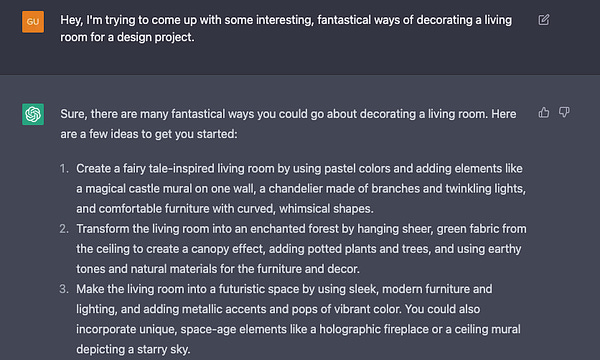


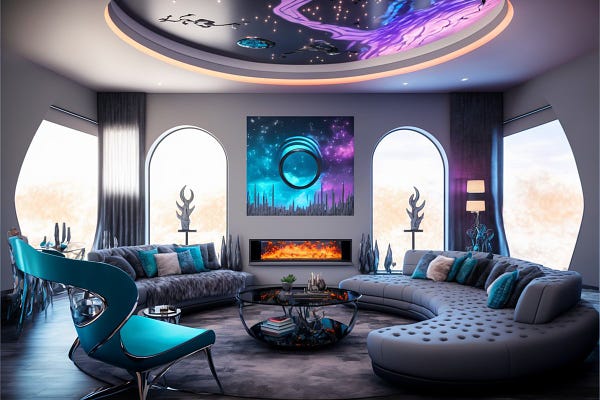
3. App Store Awards are out! My favorite app Locket has made it to the list, yay!
Check out the winners this year →
Thanks for reading this week’s newsletter. If you find it useful, please help share it with your friends :)
Have a relaxed night and a productive week ahead!
Yours,
Tuan Mon
P/s: Someone cute forwarded this email to you? You can subscribe below to keep up with my weekly newsletter!
Many One Percents newsletter is my weekly curation of Internet gems, mostly about technology, productivity and product management. If you want to support me, you can either subscribe to this newsletter, or donate via these channels: Momo | Paypal | Vietcombank | Patreon




